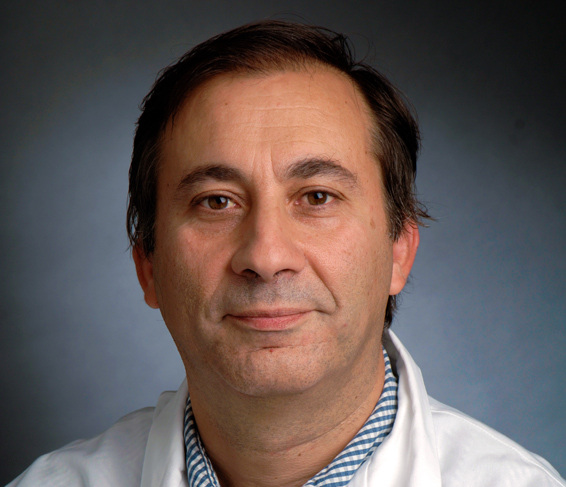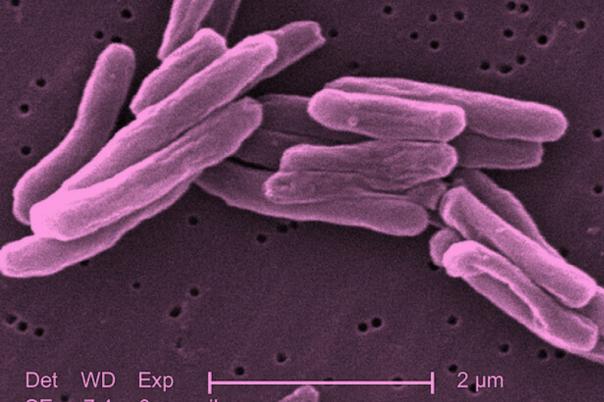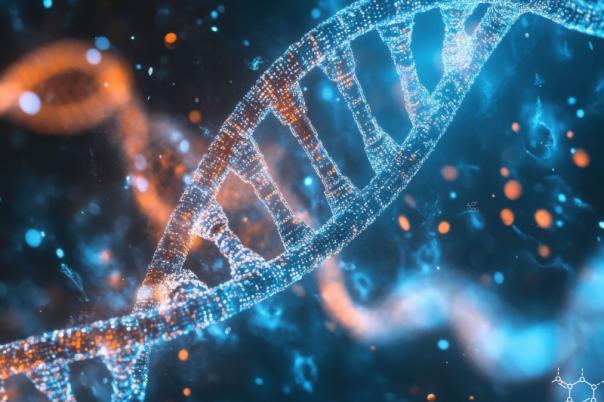Professor Mike Makrigiorgos introduces innovative techniques to enhance the sensitivity of circulating tumour DNA (ctDNA) detection, with a focus on identifying minimal residual disease (MRD) in cancer patients. ctDNA—fragments of tumour-derived DNA circulating in the bloodstream—can serve as a non-invasive biomarker for early cancer detection, therapeutic monitoring, and identifying tumour recurrence or resistance mutations before they manifest clinically or radiologically.
Digital PCR was an early milestone in the field, providing highly sensitive, quantitative detection of specific mutations such as KRAS and NRAS. However, its limited target range restricts its utility in complex tumour profiles. As ctDNA often constitutes a tiny fraction of total circulating DNA—sometimes as low as one fragment in 100,000—traditional techniques are insufficient for consistent detection, especially when blood draws yield low DNA volumes.
To overcome these limitations, Makrigiorgos’s team emphasises increasing the number of target mutations using next-generation sequencing (NGS) and minimising false positives through error correction strategies. Duplex sequencing, introduced in 2012, compares top and bottom DNA strands to eliminate PCR noise, but is cost-prohibitive for genome-wide analysis.
To address this, the MAESTRO method was developed, combining mutation enrichment with focused duplex sequencing. By synthesizing thousands of oligonucleotide probes that selectively bind mutant—but not wild-type—sequences, MAESTRO filters out non-informative DNA before sequencing. This approach allows genome-wide mutation analysis with far less sequencing effort, reducing cost while increasing sensitivity.
MAESTRO has shown the ability to detect ctDNA at parts-per-million levels, including in challenging cancers such as glioblastoma. The most recent development of MAESTRO-Pool, in 2024, further enables simultaneous analysis across multiple patients and time points, improving throughput and validation.
These technologies offer a powerful toolkit for tumour-informed ctDNA monitoring, expanding the clinical potential of liquid biopsies for early intervention and personalized cancer therapy.





